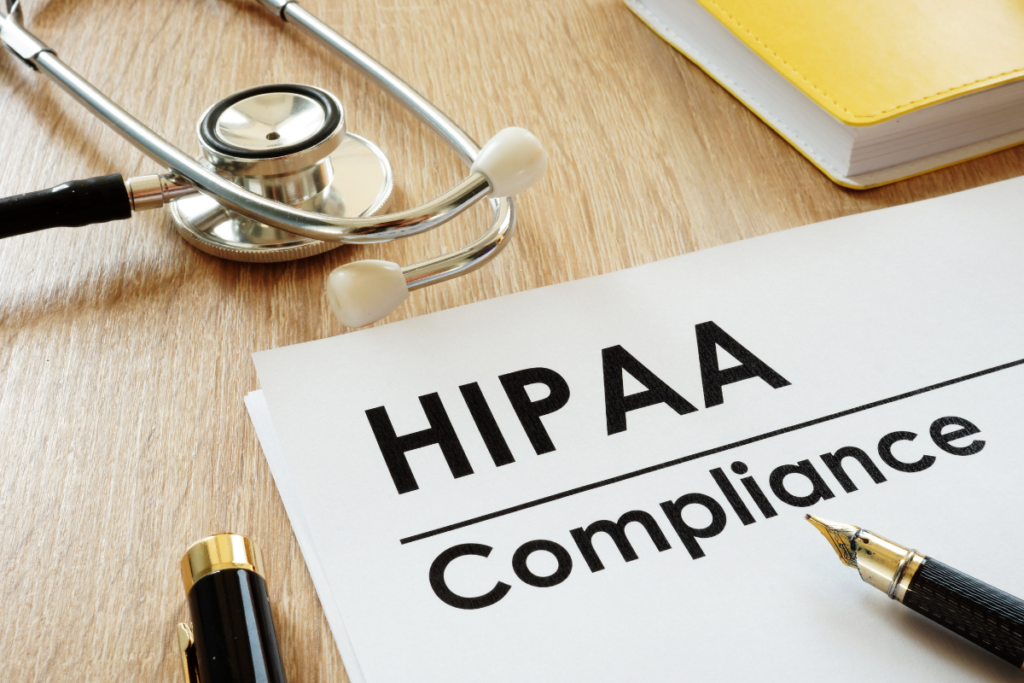Beginning December 23, 2024, covered entities and their business associates must comply with stricter HIPAA privacy protections for reproductive health care. These new protections prohibit regulated entities from using or disclosing protected health information (PHI) related to lawful reproductive health care:
- For a criminal, civil or administrative investigation into (or proceeding against) a person in connection with reproductive health care; or
- To identify an individual, health care provider or other person for purposes related to such an investigation or proceeding.
In addition, regulated entities must obtain a valid attestation when a request is made to use or disclose PHI potentially related to reproductive health care for certain purposes to ensure that the use or disclosure is permissible.
Action Steps
Employers with self-insured health plans and employers with fully insured health plans that have access to PHI (other than certain limited types) should update their HIPAA policies and train affected members of their workforce on the new restrictions for PHI related to reproductive health care. Although the new privacy protections do not specifically require updates to business associate agreements, employers should review the terms of their agreements to determine if updates should be made.
In addition, the U.S. Department of Health and Human Services has provided a model attestation form that employer-sponsored health plans may use to ensure a requested use or disclosure of PHI complies with the new privacy protections. Health plans must also update their HIPAA privacy notices for the new privacy protections, although they have until February 16, 2026, to make these updates.
This article is not intended to be exhaustive nor should any discussion or opinions be construed as legal advice. Readers should contact legal counsel for legal advice. ©2024 Zywave, Inc. All rights reserved.

